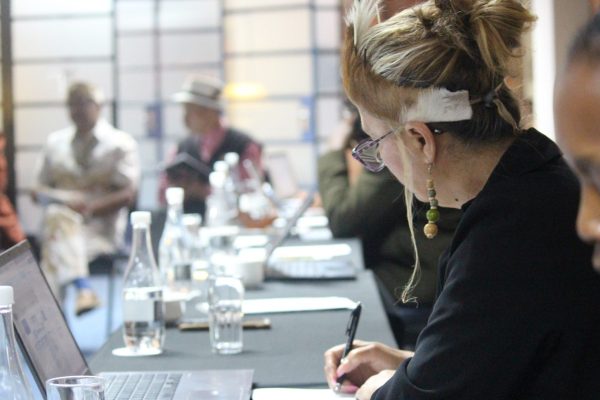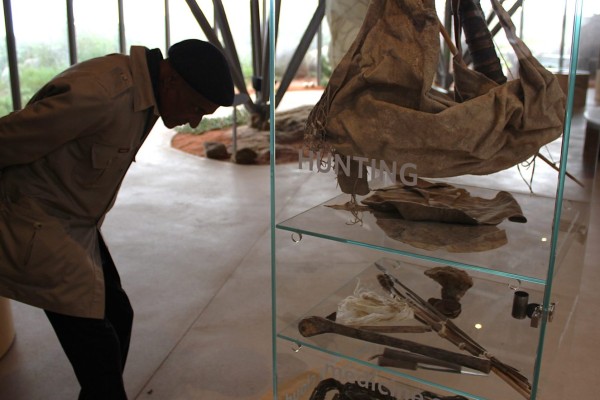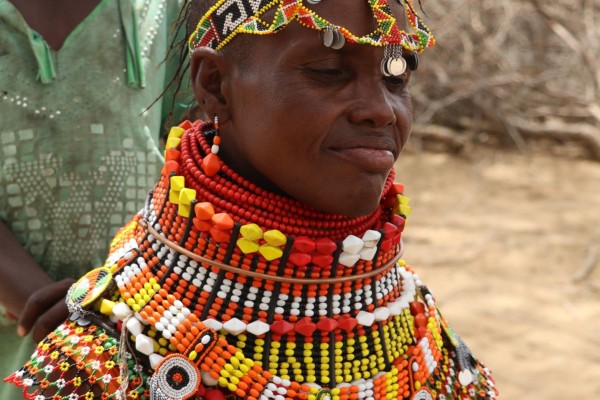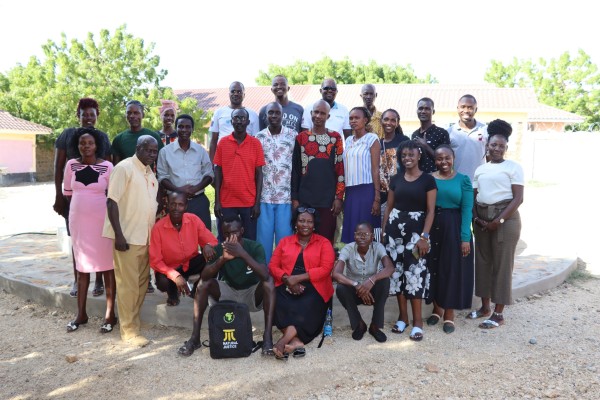A new opinion piece, published on 18 June by Natural Justice and the Berne Declaration, sharply criticises the European Commission’s draft EC Regulation 2012/0278 (COD) to implement the Nagoya Protocol on Access and Benefit-Sharing in the European Union (EU). By excluding a significant category of genetic resources (GRs) from the scope of the regulation, the Draft fails to implement the main objective of the Convention on Biological Diversity and the Nagoya Protocol: the fair and equitable sharing of benefits arising from the utilisation of GRs and associated traditional knowledge (TK). In addition it will lead to greater legal uncertainty for users, allow for unfair competitive practices and, in the long run, lead provider countries to implement more burdensome access procedures to GRs.
The ENVI Committee of the European Parliament will vote on the Draft Regulation on the 4th of July, with a final draft expected to be tabled in the European Parliament in October 2013. In the Draft Regulation, user obligations would only apply to GRs and associated TK that have been physically accessed in the country of origin after the entry into force of the Nagoya Protocol. This implementation would be in sharp contrast to the large majority of existing ABS laws in provider countries where the utilisation of GRs and associated TK also triggers the obligation to share benefits, based on prior informed consent and mutually agreed terms. The European Commission’s narrow and biased interpretation of the Nagoya Protocol and subsequent national implementation is likely to have a number of very serious consequences:
- First, a significant share of GRs and associated TK used in the EU will not be covered by the Draft Regulation. This will undermine the objective of the Nagoya Protocol to share benefits equitably and fairly, as well as legalise biopiracy.
- Second, individual users of GRs and TK will not be provided with legal certainty, something they have long sought. Indeed, scenarios are likely to emerge where the utilisation of GRs and TK may be legal under EU law, but illegal under the law of the provider country. This could result in a user being in compliance with EU obligations under the new Access and Benefit Sharing regulations, but nevertheless subject to prosecution in a provider country upon entering its territory. Nobody has an interest in such a scenario.
- Third, a functioning global ABS system can only be based on mutual trust between providers and users. The current wording of the Draft Regulation will undermine this trust and is likely to lead to stricter access conditions in provider countries, thereby making research and development (R&D) increasingly bureaucratic and burdensome for European users. One of the underlying objectives of the Nagoya Protocol, namely to facilitate access for R&D, would subsequently not be reached and a valuable opportunity to incentivise the conservation and sustainable use of biodiversity would be missed.
We therefore urge the European Parliament, the Council and the Commission to enact a regulation that is line with the objective of the Nagoya Protocol and ensures that all related utilisation that takes place after the Nagoya Protocol comes into force complies with the access and benefit sharing rules of provider countries. The ENVI Committee Rapporteur made several proposals for amendments in this regard. Only by doing so can trust be built between user and provider countries, legal certainty established, and the conservation and sustainable use of biodiversity advanced.
Access or Utilisation – What Triggers User Obligations? A Comment on the Draft Proposal of the European Commission on the Implementation of the Nagoya Protocol on Access and Benefit Sharing, can be downloaded on the websites of the Berne Declaration and Natural Justice.
For more information, please contact: François Meienberg (the Berne Declaration) at food (at) evb.ch, or Johanna von Braun (Natural Justice) at Johanna (at) naturaljustice.org.
















